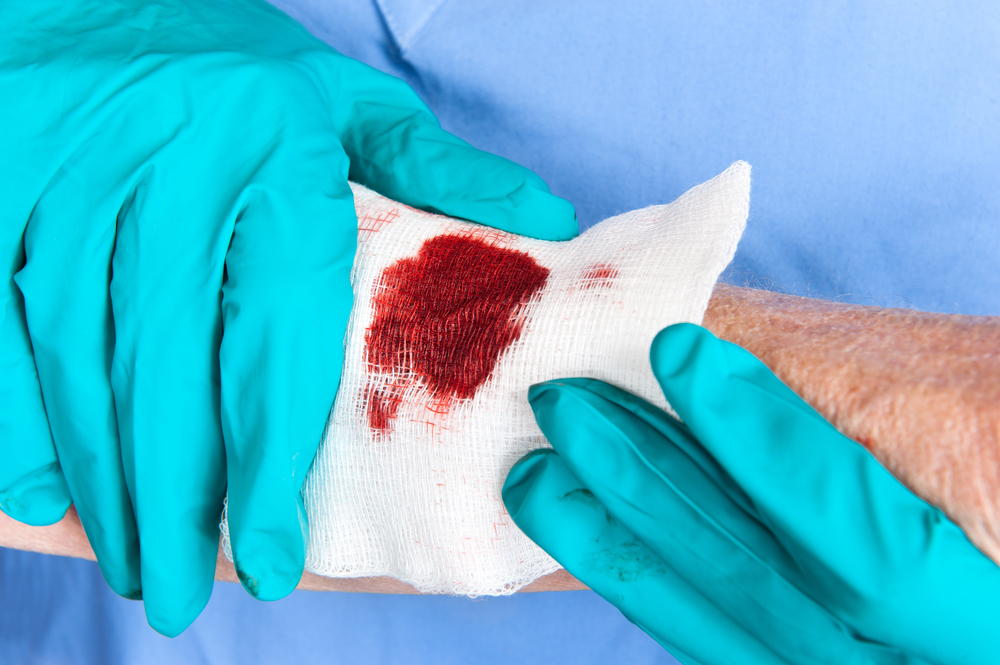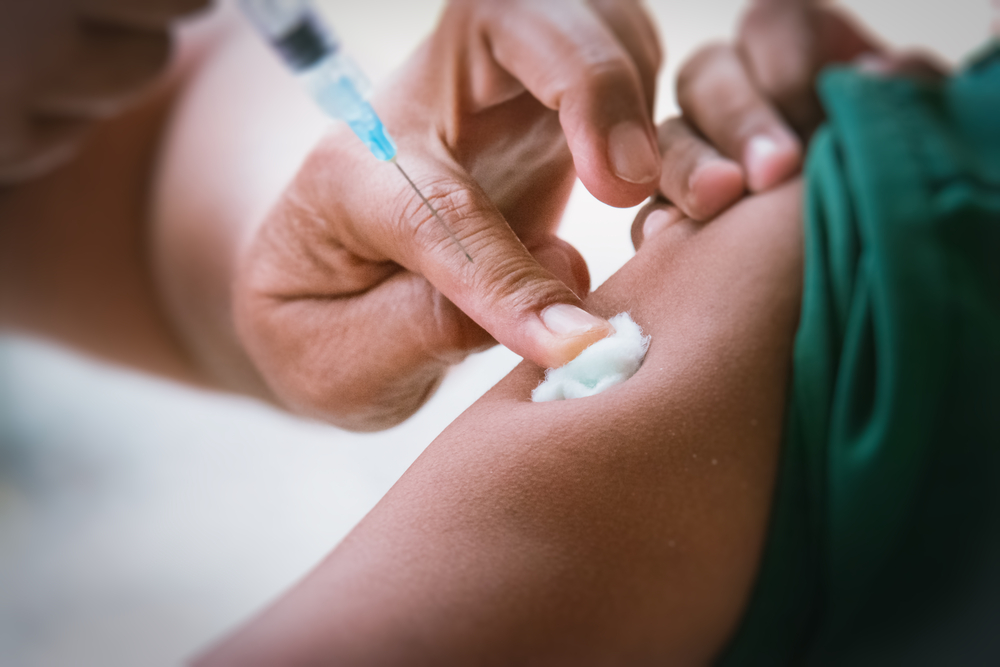Posts by Sean
Handling Radioactive Medical Waste
A closer look at radioactive medical waste in hospitals and medical facilities and how it should be stored and disposed of. When you hear the term “radioactive medical waste,” you might picture someone in a protective suit handling chemicals. That’s how it’s usually portrayed in the movies after all. But radioactive waste can be found…
Read MoreTypes of Medical Waste from Small Clinical Practices
Here are some examples of common medical waste produced in small clinical practices and how to handle it. With lessening mortality rates and an increased need for medical care across the globe, more and more clinical practices are opening their doors to offer services. Ranging from general to specialized care, these facilities are required to…
Read MoreRed Bags Blog Round Up – November 2018
Here’s what you missed on the Red Bags blog this month. November was a busy month for Red Bags on the news and best practices front. Here’s a quick rundown of the topics we’ve been discussing.
Read MoreManaging High School Chemistry Lab Waste
Administrators, teachers and high school students must be taught and held responsible for the safe handling and waste disposal of chemicals in their labs. Today’s education system is increasingly focusing on science, technology, engineering, and math to help children learn important skills needed to fill job vacancies of the future. While STEM education is a…
Read MoreCan Dried Blood Transmit Disease?
Blood is one of the most dangerous substances you can come into contact with. Here’s why you should never touch dried blood. Blood is one of the most dangerous substances a person can come into contact with. Whether you stumble upon blood in public or have witnessed an accident or crime scene, it’s critical to…
Read MoreThanksgiving Travel: Tips for Safe Sharps Disposal
Here are some tips and safeguards that will help make your Thanksgiving travel plans a breeze. Thanksgiving is one of the most traveled holidays of the year. This year, AAA is predicting that 54 million Americans will hit the road to gather with family and friends and share in the festive meal. For those who…
Read MoreHow to Properly Dispose of Narcan/Naxolone Sharps
In 2016, drug overdoses killed 63,632 Americans according to the CDC and that number is steadily climbing. While the epidemic is being fought across the nation to stop drug use and overdoses, there is some hope thanks to Naxolone (Narcan) which can stop an overdose caused by an opioid drug as it is happening. This…
Read MoreNovember 1st Marks the 30th Anniversary of the Medical Waste Tracking Act. Here’s Why It’s Important
The medical waste community is recognizing a very significant anniversary in the history of waste disposal: the 30th anniversary of the Medical Waste Tracking Act.
Read MoreThe Red Bags October Blog Round Up – October 2018
ICYMI: amputated body parts, health literacy month, world hospice care and more… Here’s what you missed on the Red Bags blog this month…
Read MoreCrime Scene Cleanup
Biohazard and crime scene cleanup is actually more involved and not exclusive to crime scenes. Crime scene cleanup is different, yet similar to hospital medical waste cleanup, but the difference is it focuses on cleaning and sanitizing homes, businesses, and vehicles after homicides, suicides, industrial accidents, and other traumas.
Read MoreExposure to Bloodborne Pathogens: The Scary Facts
Frightening fact: unsafe practices and sharps injuries are still leading to transmission and exposure to bloodborne pathogens. What are bloodborne pathogens and why did OSHA create a formal standard to deal with the hazards? Bloodborne pathogens are an occupational hazard for healthcare workers and other employees who may be exposed to blood and other potentially…
Read MoreHow Do Generators Dispose of Amputated Body Parts?
Regulations governing medical waste are defined at a state, rather than a federal level. Adding yet a further level of complexity, authority for medical waste rules often comes from multiple agencies at the state level including state departments of health and environmental agencies. While you may be familiar with sharps waste and red bag waste,…
Read More








